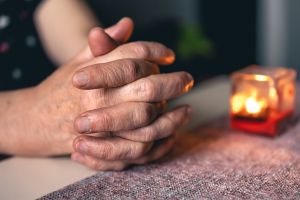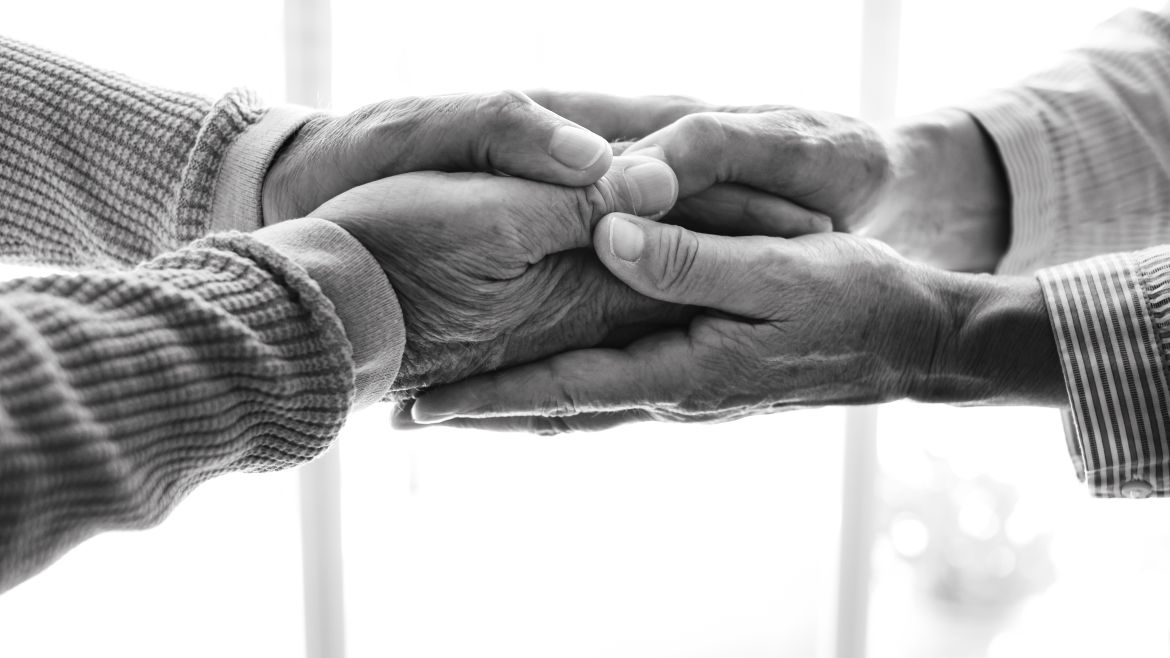Chaplains play a significant role in hospice care, providing spiritual and emotional support to patients, families, and staff. Here’s an overview of their role:

Spiritual Support: Chaplains offer spiritual guidance, prayer, and pastoral care to patients and families, regardless of their religious beliefs or affiliations. They provide comfort, solace, and reassurance during times of uncertainty, distress, and spiritual questioning.
Emotional Support: Chaplains provide a compassionate presence and a listening ear, offering empathy, understanding, and support to patients and families as they navigate the challenges of terminal illness, loss, and grief. They help individuals process their emotions, find meaning, and cope with existential concerns.
End-of-Life Counseling: Chaplains assist patients and families in addressing end-of-life issues, including legacy work, life review, forgiveness, and preparation for death. They offer guidance and support in making decisions about advance care planning, palliative care, and hospice services, ensuring that care aligns with the patient’s values and beliefs.
Rituals and Sacraments: Chaplains facilitate religious rituals, sacraments, and spiritual practices according to the patient’s faith tradition or personal preferences. They offer sacraments such as communion, anointing of the sick, and last rites, as well as rituals such as blessings, prayers, and readings, to provide comfort and spiritual nourishment.
Family Support: Chaplains offer support to family members and caregivers, helping them cope with the emotional and spiritual challenges of caregiving and bereavement. They provide counseling, education, and resources to promote resilience, self-care, and spiritual growth during the caregiving journey and beyond.
Collaboration and Education: Chaplains collaborate with interdisciplinary team members, including nurses, social workers, and physicians, to address the holistic needs of patients and families. They provide education and training on spiritual care, cultural competency, and end-of-life issues to enhance the quality of care provided by the hospice team.
Overall, chaplains in hospice care offer spiritual and emotional support that complements medical and psychosocial care, promoting comfort, dignity, and peace of mind for patients and families facing the end of life. They serve as compassionate companions on the journey of life, death, and spiritual transformation, offering solace and hope in the midst of suffering and uncertainty.


